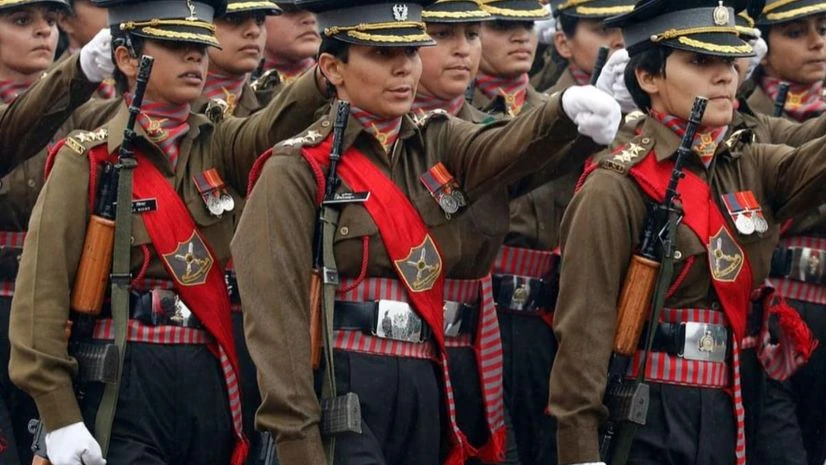Nearly two years after the Indian Army promoted 108 women officers to the rank of Colonel following a landmark Supreme Court ruling, significant concerns have emerged about their leadership capabilities. Lieutenant General Rajeev Puri, who recently completed his tenure as commander of the 17 Mountain Strike Corps, has flagged issues such as “mundane ego problems” and a “lack of empathy” among women officers under his command, NDTV reported.
In a critical internal review, Lt Gen Puri highlighted several challenges, igniting a wider debate on gender integration within the military.
Leadership challenges in command roles
The review, sent by Lt Gen Puri to General Officer Commanding-in-Chief, Eastern Command, Lt Gen Ram Chander Tiwari, outlined interpersonal and leadership struggles faced by the Army’s first female Colonels. He cited behaviours such as a “my way or highway” decision-making style and “exaggerated tendencies to complain,” indicating difficulties in leadership dynamics.
The general also raised concerns about the management of junior officers, pointing to an apparent lack of “tact and understanding.”
Lt Gen Puri emphasised that some officers appear to prioritise “conflict termination through might” over “conflict resolution through mutual respect.” The report also noted prejudice and mistrust among officers, which contribute to high stress levels within units.
Also Read
Women in command: A historic shift
These observations come nearly two years after the Supreme Court’s historic 2020 ruling that allowed women officers to hold permanent commissions and command roles. Since then, women have taken charge of critical Army units, including air defence, signals, and intelligence. However, the review suggests that many newly promoted women officers lack exposure to operational tasks, resulting in a “lack of understanding” of the challenges faced by their troops.
The gender debate: Balancing expectations
The review also explored psychological aspects, noting that women officers may adopt a rigid leadership style due to the pressure to prove themselves in a traditionally male-dominated institution.
Lt Gen Puri observed that women, in their effort to avoid being perceived as soft-hearted, may adopt a firmer stance on human resource issues, potentially overcompensating to counter gender bias.
The path forward
Defence sources told NDTV that the concerns raised are part of an ongoing process to refine the role of women in the Army. As pioneers in command positions, these officers are still shaping their leadership styles.
“The training of women officers is an ongoing process, and leadership roles need to be built upon years of experience in junior positions,” one source said.
The review serves as both a critique and a reminder of the evolving integration of women into the Army’s leadership structure. The Army remains committed to ensuring that all officers—regardless of gender—are equipped to meet the demands of command. As the gender debate continues, the focus will remain on refining training and fostering leadership that strengthens the entire force.

)